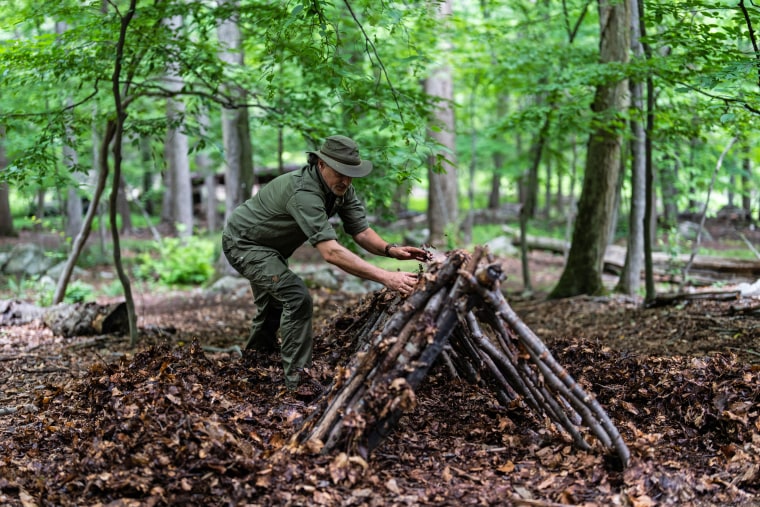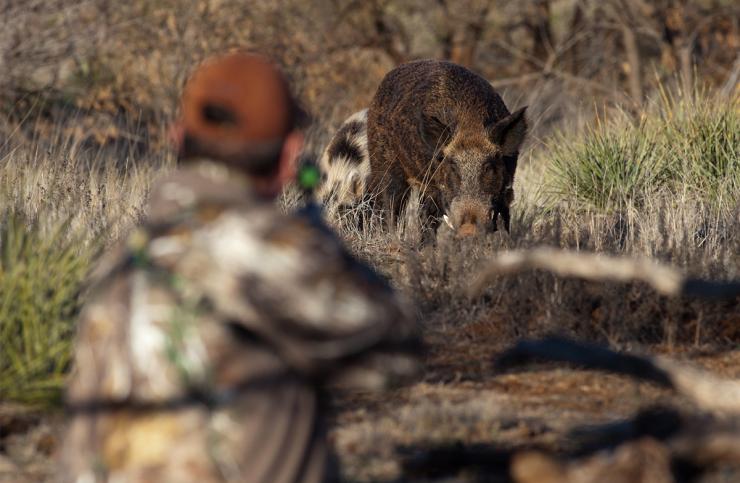
A few things are essential if you want your family to be prepared for a storm. These include making sure you have a disaster kit, how to evacuate, what supplies you need, and how to notify your family. These steps are crucial for your family's safety and survival. Continue reading for more information about these crucial preparation tips.
A disaster kit should be kept
If you live somewhere that is vulnerable to hurricanes, a disaster kit can help you be prepared in the event of an emergency. The items in your kit should be organized in one place and accessible to family members. All loose items should be kept in sealed plastic bags. You can place your kit near your main exit if you are able. It's a good idea for your disaster kit to be updated at least once a calendar year.
You should prepare your house, office, or vehicle for any emergency situation. You should have emergency supplies such as food, water, medicine, and comfortable shoes. A well-stocked emergency supply kit will allow your family to survive for at most three to seven consecutive days. It will also help emergency workers reach you.

Evacuating
When evaluating the decision-making process for preparing for a hurricane it is important to keep in mind that individuals' decisions can be affected by personal experiences and political values. Unfortunately, very few studies have examined the impact of personal experiences and political values on hurricane prediction. For example, a recent study looked at how trust in science and experts affected evacuation decisions.
Respondents who had previously evacuated for a hurricane or natural disaster were more likely to be satisfied with the evacuation communications they received during Hurricane Florence. However, they were also more concerned about how the storm would affect their homes. In addition, they were more likely not to have been evacuated when the storm was near their homes.
Stocking up
You should make sure to have all the supplies you will need for a storm before it hits. You can find everything from prescription medication to common over the counter medicines like ibuprofen. You may also find bandages and first-aid items.
A hurricane can destroy coastal areas many miles away from their homes. This is why it's so important to plan for the worst. Gather supplies that will last at the least five days to prepare. Water is crucial. Without it, people can die within days. Heat and food are essential. Your risk of being swept away by a hurricane is minimized if you have access to the right foods and medical supplies.

Notifying family members
Notifying your family about hurricane preparations is an important part. Preparedness and stocking up on supplies is an important part of the preparation process. These supplies should include non-perishable food, water, battery-operated radios with plenty of batteries, and important documents and medications. You should have a designated family contact for an emergency if you live in a hurricane-prone region. Notify your family members of your hurricane preparation plans, and let them know if anything changes.
While hurricanes might not cause any damage to your house, they can be devastating for homes hundreds of miles away. If you live in a hurricane-prone area, you may hear an evacuation order. In such an instance, you'll need to pack an emergency supply kit and leave the house as soon as possible. Turn off power, unplug appliances and unplug utilities before you leave. If you have no choice, you may have the option to stay in a hospital or other emergency shelter.
FAQ
What is the difference in a fixed-blade and a folding knife?
Folding knives fit easily in pockets or backpacks because they fold up compactly. The blade folds away when not in use.
Fixed-blade knives are made to be used in normal usage. These knives have longer blades that folding knives.
Fixed-blade knives can be more durable, but they are less portable.
Why are survival skills essential?
Although you may not always have water and food, you will be able to survive in an emergency situation.
It is important to learn how you can take care of others and yourself. If you don't know how to do this, you won't last long when faced with a crisis.
If you are going into the wilderness and need to stay alive, then you need to learn how to build shelters, make fires and find food.
These are essential skills everyone should learn. These skills will ensure you are safe and healthy when camping.
What are the basic skills that you need to know or practice in survivalist camping?
The first thing you should do when you go on an adventure trip is to prepare yourself for any eventuality. You need to know how to survive in extreme situations.
Also, you must be prepared for any kind of weather, including hot sun or cold wind. If you don't take these precautions, you might end up dying.
What are the essential skills required to survive in the wild?
If you live off the soil, you must learn how to build a fire. You don't just need to light a match, you also need to know how friction and flint can be used to create a fire. You also need to know how to avoid getting burned by the flames.
It is important to understand how to create shelter using natural materials such as leaves, grasses, and trees. To keep warm at night, you'll need to be able to use these materials in the best way. You will also need to understand how much water you are able to drink to stay alive.
Other Survival Skills
Although they can help you survive, they are not as essential as knowing how to light an open fire. Even though you can eat many types of animals and plants you won’t be cooking them if the fire doesn’t start.
You will also need to know where and how to find food, including edible animals. You may become sick or die if this is not known.
How do I choose the best knife for my needs?
It can be hard to find the right knife. There are so numerous brands out there that claim they are the best.
Which is the best one? How do you decide between them?
First, think about the type of tasks you will be using your knife for.
Do you want to chop wood, skin animals, slice bread or chop vegetables?
Your knife is it intended for hunting, fishing, or both? Is your knife meant for camping cooking or kitchen cutting
Will you use it to open cans and bottles? What about opening boxes and packages?
Are you able to carry heavy loads with your knife?
Is it worth cleaning it after every use. Are you planning to wash it often?
Does it need to retain its edge well over time.
What is the most vital item to survive?
Food is the most essential thing to survive. Shelter from the elements is also important, but they are less essential than food. If you don’t eat you won’t live very long.
What is the best tool to survive?
Sharp knives are the best tool for survival. A sharp knife is more than just any other knife. You won't get much out of it if you don’t know how to properly use it.
A knife that does not have a blade is useless. A knife without a blade is dangerous.
Master craftsmen know how to create the finest knives. They take great pride with their work and ensure every knife is perfect.
They regularly sharpen their knives and keep them clean.
It should feel comfortable in your hand when you are buying a knife. You should feel comfortable holding it.
The handle should not have any sharp edges.
If you find these flaws, please ask the seller for a fix. Accept a knife you don't like in your hands.
Statistics
- so you can be 100 percent hands-free, and there's less chance you'll put your torch down and lose it. (nymag.com)
- The downside to this type of shelter is that it does not generally offer 360 degrees of protection and unless you are diligent in your build or have some kind of tarp or trash bags, it will likely not be very resistant to water. (hiconsumption.com)
- The Dyrt PRO gives 40% campground discounts across the country (thedyrt.com)
- Without one, your head and neck can radiate up to 40 percent of your body heat. (dec.ny.gov)
External Links
How To
How to Find Edible Plants and Animals During Emergencies
For emergency situations, edible animals and plants are vital food sources. They are essential for survival because they can provide food and energy to you when you don't have normal food. You can use them to make cosmetics, medicines, and other items.
You need to be able to identify the location and type of plants you are looking for. This will enable you to quickly identify them. However, it's difficult to learn everything about every plant and animal species at once. Fortunately, there are general rules that can be applied to most animals and plants.
If you see a plant, animal, or other living thing near water, it is likely that it prefers moist soil. If you see leaves with shiny surfaces, it means that the plant has been watered recently. If you see ants near a plant, this means the plant is providing nectar for bees. These simple observations will save you time and help you find useful animals and plants during an emergency.
To learn more about edible plant and animal species, you can consult books written by botany or zoology specialists. You can also view documentaries and speak with rural residents. You don't have to be an expert on animals or plants. Just follow these steps:
-
You should look for animals and plants that are close to water.
-
Pay attention to the growth habits of animals and plants.
-
Learn about the natural habitats that plants and animals live in. You might be able to search for specific soil types, climates or vegetation.
-
Identify which parts of animals and plants you can eat.
-
Learn how to cook animals and plants.
-
So that you can get to know wild animals and plants better, try eating them.
-
Wild animals and plants should be kept in check. Never pick from endangered species.
-
It is important to properly store wild plants and animals. They should be kept away from direct sunlight and kept dry.
-
After handling wild plants or animals, wash your hands thoroughly.
-
Before you consume fruits or vegetables, wash them.
-
If you aren't sure, don't eat raw meat or fish.